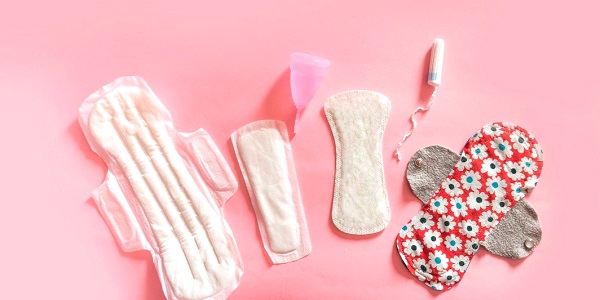
Stop blood tax! End period poverty!
Another year to celebrate World Menstrual Hygiene Day (May 28) just went by with a lot of talk, pledges and commitment to make menstrual hygiene products affordable and accessible to all girls and women.
That was not new, neither was it eventful because that has been the case each year — talk, talk and more talk with little action.
Advertisement
I chanced upon a Facebook comment — the writer, a basic school teacher, narrated how he met a young girl at a pharmacy who had come to buy a sanitary pad. When the price of GH¢10 was mentioned as the cost for a pack of sanitary pads, she began to walk away.
‘’Noticing her stained dress, I engaged her in a conversation. She had only GH¢7 for the pad and could not afford the GH¢10’’.
According to her, since that day was a Sunday, she would ‘manage’ at home. However, the next day was her problem — she could not go to school and would have to wait till her menses was over or if she used pieces of cloth to collect the blood. ‘’I had to buy her two packs of sanitary pads that day’’, he said.
The question is: how was she going to ‘survive’ the coming months? How many girls and women in our society face the same situation every month?
Period poverty real
Period poverty refers to the social, economic, political and cultural barriers to menstrual products, education and sanitation.
Period poverty is real. Women and girls menstruate every month and many are unable to afford sanitary pads.
Cultural myths, discriminatory traditions, gender inequality, bad policies, among other things, continue to impact negatively on women and girls leaving them stigmatised, restricting their mobility and feelings of embarrassment for something they experience which is a natural phenomenon.
A relationship publicist and blogger, Ms Abena Magis, says period poverty is real and although she has no data to support it, she was positive that out of every 10 girls, about seven to eight cannot afford to buy sanitary pads, particularly those in the rural and sub-urban areas.
Ms Magis works with teachers across the country to provide sanitary pads to girls and women. Her initiative known as the ‘Mano Pad Fund’ has been distributing thousands of sanitary pads to girls and women across the country since 2020.
She hopes to develop this initiative into a sanitary pad bank, which will be stationed at vantage points across the country for easy access to girls who cannot afford sanitary pads.
Getting sanitary pads could sometimes lead girls to do the unthinkable, which may be detrimental to their life or health.
Ms Magis narrated a story of one of her coordinators who goes to villages in the northern parts of the country and other border towns to distribute sanitary pads.
On one of such occasions, the man, after distributing the pads, could not believe it when one of the beneficiary women was willing to give her daughter to him in marriage because of sanitary pad.
Again, Ms Magis said a teacher at a basic school in Yamoransa also attested to the fact that some of pupils slept with men for money to buy sanitary pads.
Tax
Menstrual hygiene products are classified as luxury products and heavily taxed, making it unaffordable for women and girls in low-income homes and deprived communities in the country.
Over the years, governments have been urged to remove the 20 per cent import duty tax and the 12.5 per cent Value Added Tax (VAT) on sanitary products to make it less expensive and accessible to women and girls. But this call on governments have fallen of deaf ears.
Kenya and South Africa have reviewed taxes on sanitary products. Kenya spends at least $3 million annually to provide free sanitary products for girls. In 2020, Nigeria waived VAT on locally manufactured sanitary products.
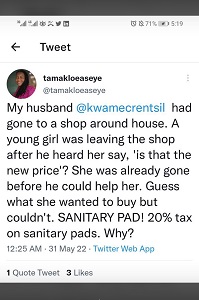
Spain was in the news recently for the country’s plan to introduce paid "menstrual leave" in the workplace, if approved in parliament. It would mark a European first.
New Mexico has a 5.125 per cent tax on all menstrual/hygiene products. A bill, HB 32 Feminine Hygiene Products Tax Repeal, is under consideration to remove that tax to make menstrual products more accessible for New Mexicans.
Prices of sanitary pads
But that is not the story in Ghana. Sanitary pads are expensive and not affordable to most people. A pack of Yazz is GH¢11; Propa GH¢11; Softcare GH¢8; Always GH¢12; Cute woman GH¢4.50; as of the time of filing this story.
Locally manufactured pads such as Yazz and Softcare are expensive because of the taxes on the raw materials.
However, there are a few people using cloth materials to make reusable menstrual pads which are environmentally friendly and less expensive compared to the disposable ones.
Sustainable interventions
For the founder of Period Matters, Able Delalie, it was important to remind the government of the campaign promise to remove the taxes on menstrual hygiene products.
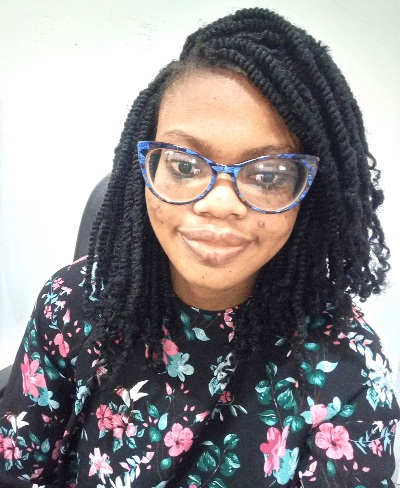
She did not mince words when she said: “On menstrual hygiene day, let’s be reminded of the promises the current government made to us when they were canvassing for our votes. Prices of our menstrual products have increased astronomically. Our purses have no choice than to bleed alongside our bleeding vaginas. Menstruators make up 50.7 per cent of Ghana’s population yet our concerns go unattended to.”
Ms Delalie, who is also a pharmacist with special interest in female reproductive health, noted that advocates had over the years sought to bridge the period poverty gap through various efforts. However, she noted that all these interventions and progress would come to naught if there was no sustainability.
For Ms Magis , to reduce period poverty, the government must remove the luxury tax and VAT on menstrual hygiene products to make it affordable.
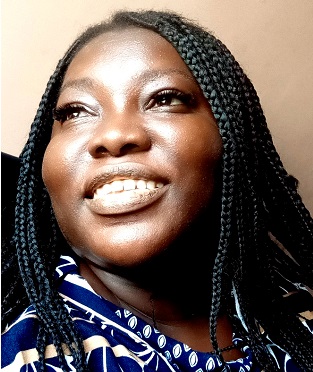
“Buying sanitary pads goes for averagely GH¢9 depending on the town and is astronomical, and how many girls can afford to buy it? She queried.
She suggested pilot schemes so that girls attending schools in the rural areas would be given free pads provided by the government to stop period poverty.
Health, well-being
According to health experts, when women and girls use unsanitary menstrual products, it increases their risk of fungal, urinary, and reproductive-tract infections which impacts on their overall health and well-being.
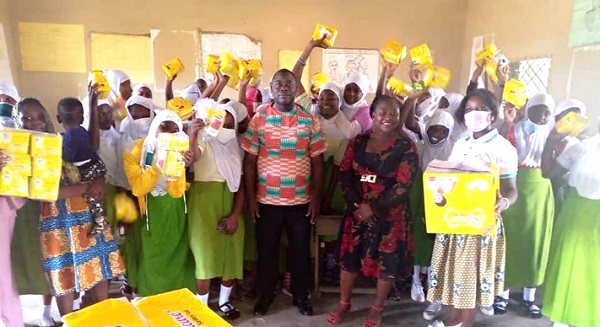
Therefore it is important for women and girls to have access to hygienic sanitary products, accurate scientific information and hygienic practices of menstruation.
Women, girls, boys and men also need education and information on how periods work, when to expect them, how to manage them, hygienic solutions, where to access them and methods of disposal.
Menstrual equity
There is the need to correct this inequity and it is worthy to note that on May 27, 2022, US Representative, Grace Meng, introduced a resolution in the House of Representatives, the Menstrual Equity for All Act which seeks to make menstrual hygiene products more affordable and accessible to women.
According to ActionAid, girls often miss one or more days of school during their periods, which negatively impacts their education. In Sub-Saharan Africa, for example, some girls will miss as much as 20 per cent of their school year; some may drop out of school altogether.
The loss of education can mean girls are more likely to be forced into child marriage.
Period poverty impacts girls and women everywhere. The solution is within reach. We need sustainable interventions to ensure that women and girls have free and easy access to menstrual hygiene products and services.
Every woman or girl should have an understanding of her menstrual health needs and access to related products and services.
If we are to meet the Sustainable Development Goals 3 (Good Health and Wellbeing), 4 (Quality Education), and 5 (Gender Equality), then it is time to take action on period poverty.
Menstruation is a natural phenomenon and it should not be a barrier to women and girls to achieve their dreams.
Writer’s E-mail: [email protected]




